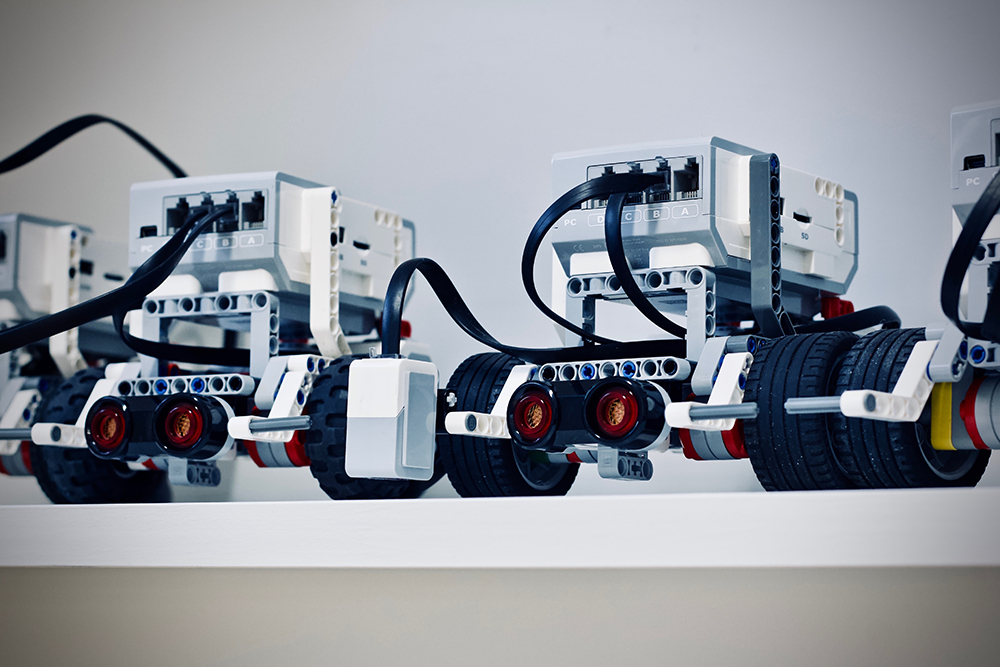More and more autonomous and semi-autonomous machines such as intelligent software agents, specific robots, specific drones and self-driving cars make decisions that have moral implications. Machine ethics as a discipline examines the possibilities and limits of moral and immoral machines. It does not only reflect ideas but develops artifacts like simulations and prototypes. In his talk at the University of Potsdam on 23 June 2019 (“Fundamentals and Artifacts of Machine Ethics”), Prof. Dr. Oliver Bendel outlined the fundamentals of machine ethics and present selected artifacts of moral and immoral machines. Furthermore, he discussed a project which will be completed by the end of 2019. The GOODBOT (2013) is a chatbot that responds morally adequate to problems of the users. The LIEBOT (2016) can lie systematically, using seven different strategies. LADYBIRD (2017) is an animal-friendly robot vacuum cleaner that spares ladybirds and other insects. The BESTBOT (2018) is a chatbot that recognizes certain problems and conditions of the users with the help of text analysis and facial recognition and reacts morally to them. 2019 is the year of the E-MOMA. The machine should be able to improve its morality on its own.
BY OLIVER BENDEL
